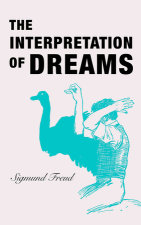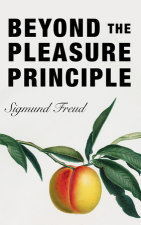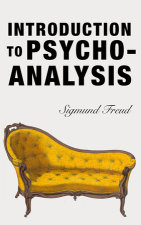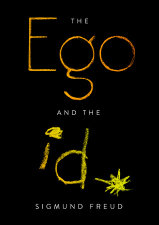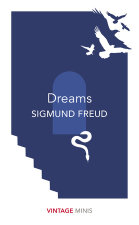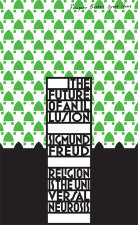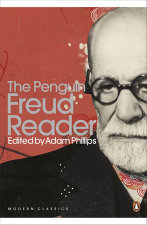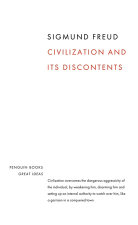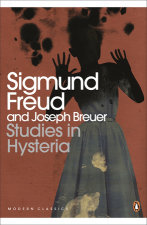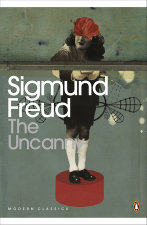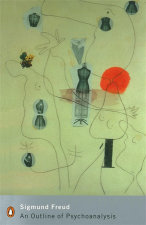Modern Classics Civilization and Its Discontent

In what remains one of his most seminal papers, Freud considers the incompatibility of civilisation and individual happiness, and the tensions between the claims of society and the individual. We all know that living in civilised groups means sacrificing a degree of personal interest, but couldn't you argue that it in fact creates the conditions for our happiness? Freud explores the arguments and counter-arguments surrounding this proposition, focusing on what he perceives to be one of society's greatest dangers; 'civilised' sexual morality. After all, doesn't repression of sexuality deeply affect people and compromise their chances of happiness?
$19.99
April 30, 2002Sigmund Freud was born in 1856 in Moravia, Austrian Empire (now the Czech Republic). Between the ages of four and eighty-two his home was in Vienna; in 1938 Hitler's invasion of Austria forced him to seek asylum in London, where he died in the following year. His career began with several years of brilliant work on the anatomy and physiology of the nervous system. He was almost thirty when, after a period of study under Charcot in Paris, his interests first turned to psychology, and another ten years of clinical work in Vienna (at first in collaboration with Breuer, an older colleague) saw the birth of his creation, psychoanalysis. This began simply as a method of treating neurotic patients by investigating…
